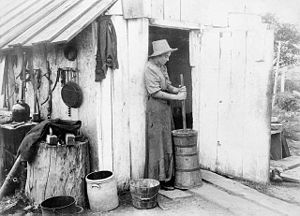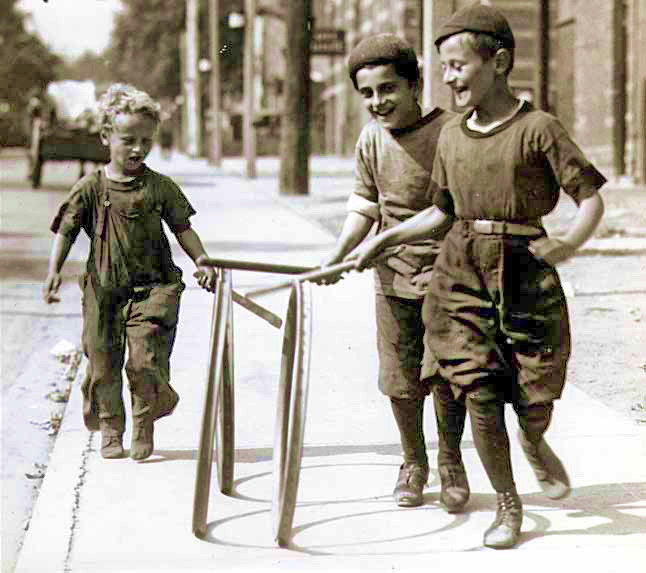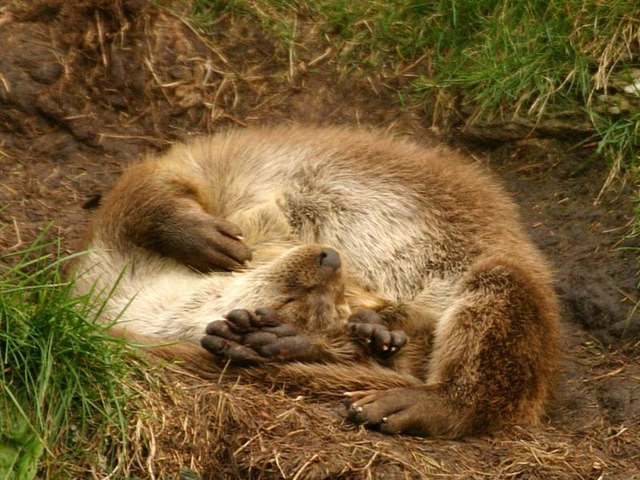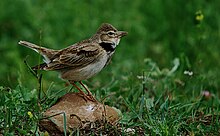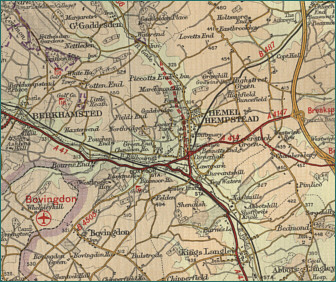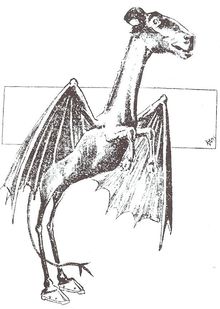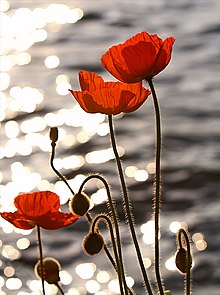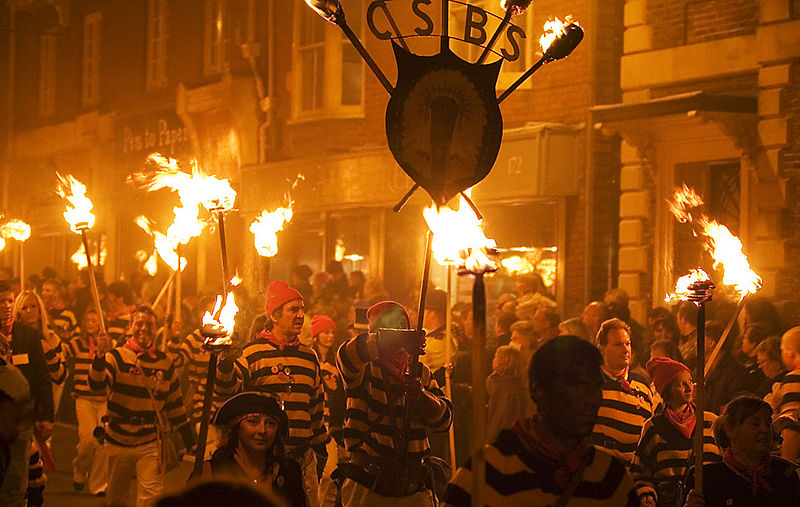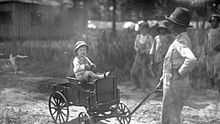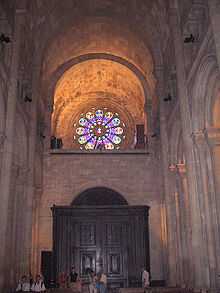Oh yes you can.
If you're in the high deserts of Bolivia, Argentina and Chile, for instance, you might spot one of the tiny goblin spiders of the genus Unicorn. They have a sort of horn-like projection in the middle of their foreheads:

That's Unicorn sicus, drawn for some odd reason without its legs.
On a larger scale, have a look at these one-horned beasts:

They're narwhals, which are sometimes called unicorns because they have what looks like a single horn. They're 'tusking' in the picture: that is, rubbing their tusks together to sort out who's boss.
Sadly, the delightfully dunce-hatted (and nearly five metre long) Giant Unicorn, or Elasmotherium:

is extinct, though its bones can still be seen in museums, but biggest of all the unicorns is Monoceros, the constellation Unicorn:

It's very faint, but can be found to the west of Orion.
As if that's not enough, there are golden unicorns:

which are Scottish coins of the late 1400s and early 1500s. They have a unicorn on them. More unicorns are found on the Royal Scottish coat of arms:

Very pleasingly, the little coin on the bottom left of the photograph is a half unicorn.
Much less excitingly, although worth even more money, a unicorn is also a new company that's valued at more than a billion dollars. The latest estimate (from CB Insights) suggests there are 143 of this sort of unicorn in the world.
If you could choose which sort of unicorn to see, which would it be? It would be the narwhals for me, I think. Or the spiders.
But the easiest one for me would be on a pound coin:

Spot the Frippet: unicorn. This word comes from the Old French unicorne, from the Latin ūnicornus, from ūnus, one, plus cornu, a horn.


